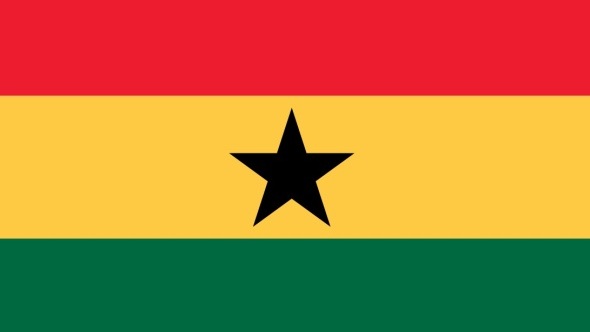Ghana Politics: Outlook for the Future of Ghana
Some years ago, Ghana chose the path of democracy and that has paid off as showed in its current economic growth rates. The country is continuing to nurture its democracy, grow political tolerance and shape its internal political wrangling while taking advantage of its stable political atmosphere.

Ghana Politics: Outlook for the Future of Ghana
From the above, it is quite clear that Ghana has come of age as far as military rule and constitutional governance are concerned. It is also abundantly clear that the country has chosen the path of democracy and that has paid off and is continuing to pay off as showed in its current economic growth rates.
One can be assured of Ghana continuing to nurture its democracy, grow political tolerance and shape its internal political wrangling, while reaping the gains that come with a stable political atmosphere.
As noted by Mr Prince Kofi Amoabeng, CEO of one of the country’s biggest and most influential indigenous banks – UT Bank – most countries in Africa are jealous of Ghana’s current democracy and stability. “I think we have a democracy which a lot of countries are jealous about, our stability and so on, and these are the basic ingredients that everybody wants to find in a country that is actually going to make big strides,” Mr Amoabeng, a retired Captain of the Ghana Armed Forces, said.
Although pockets of politically and socially motivated tensions and clashes are possibilities in Ghana, especially among the low educated and unemployed youth, it is highly impossible to see the country going through a major uprising as years of political stability have created some level of tolerance among its people. The desire to be termed democratic, at least to win votes and international recognition, has also helped to cause politicians and their parties to dread violence in whatever kind.
Thus, one can be assured of Ghana continuing to nurture its democracy, grow political tolerance and shape its internal political wrangling, while reaping the gains that come with a stable political atmosphere.
But there is a challenge, something many Ghanaians, including the CEO of UT Bank, see as a hindrance to the country reaping the full fruits of its current democratic credentials. That has to do with the tendency of many investors and the international community often seeing Ghana as a part of Africa, where political and social uprisings are common and dictatorship and unconstitutional rule are the order of the day. “Countries around us are perceived differently and this perception also affects Ghana because a lot of people see Ghana as Africa or Africa as one country,” Mr Amoabeng said. Ghana, he said thus needs to make a clear differentiation of itself, otherwise the country will continue to suffer from misconceptions and perceptions.
But should it do that properly, then Mr Amoabeng said he is sure his country will be able to optimise its current political position by way of increasing FDIs, positive economic growth and growing investor interest.